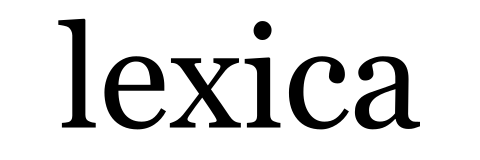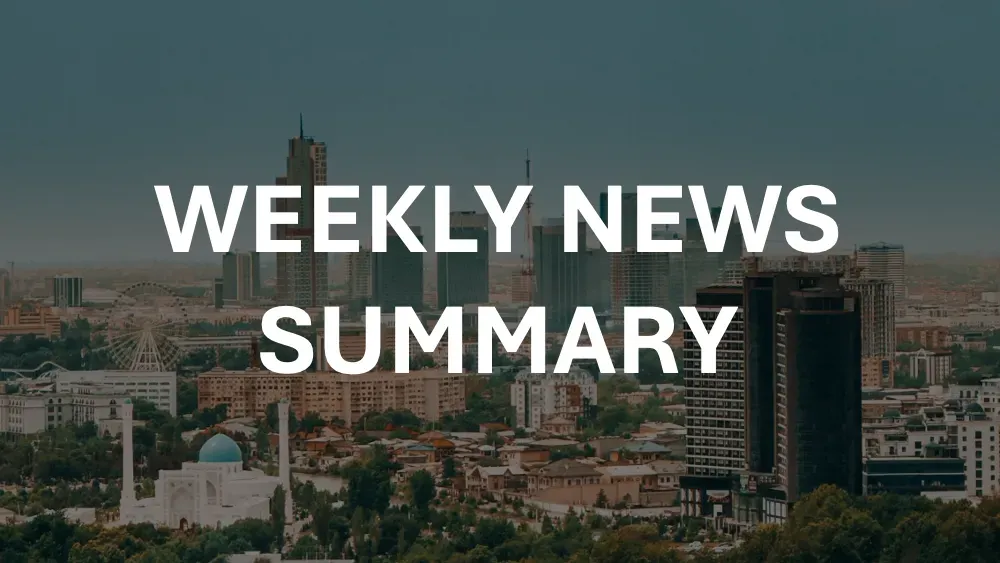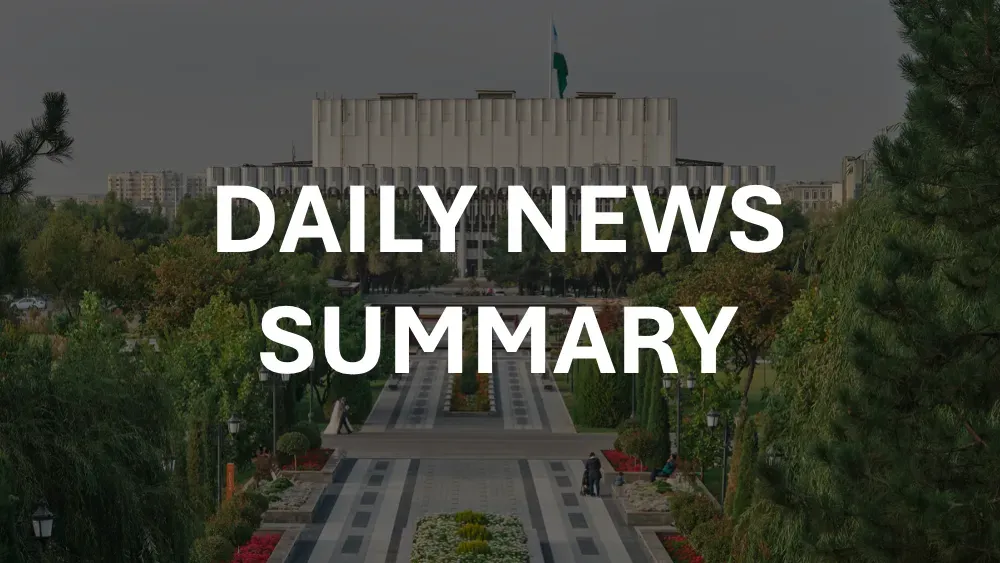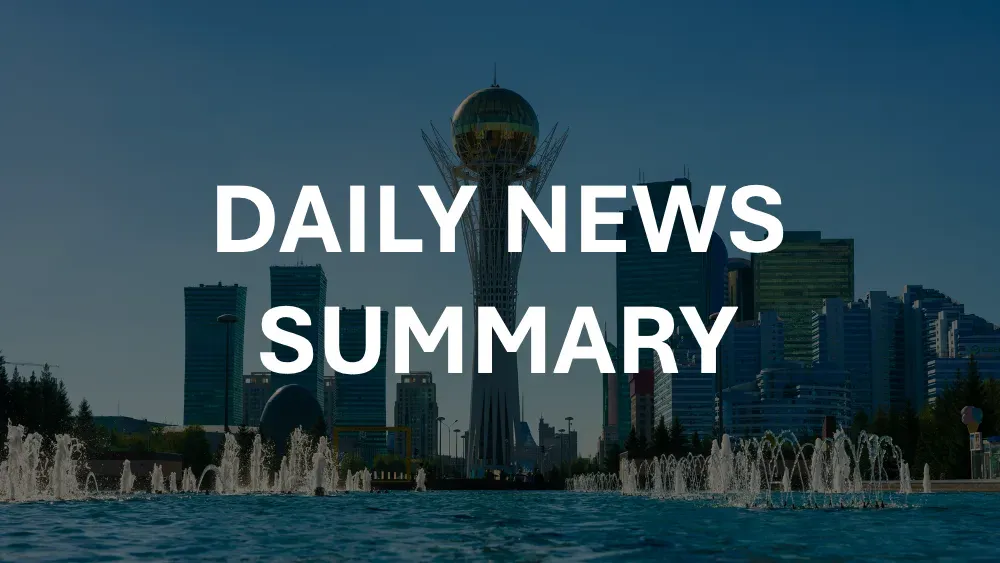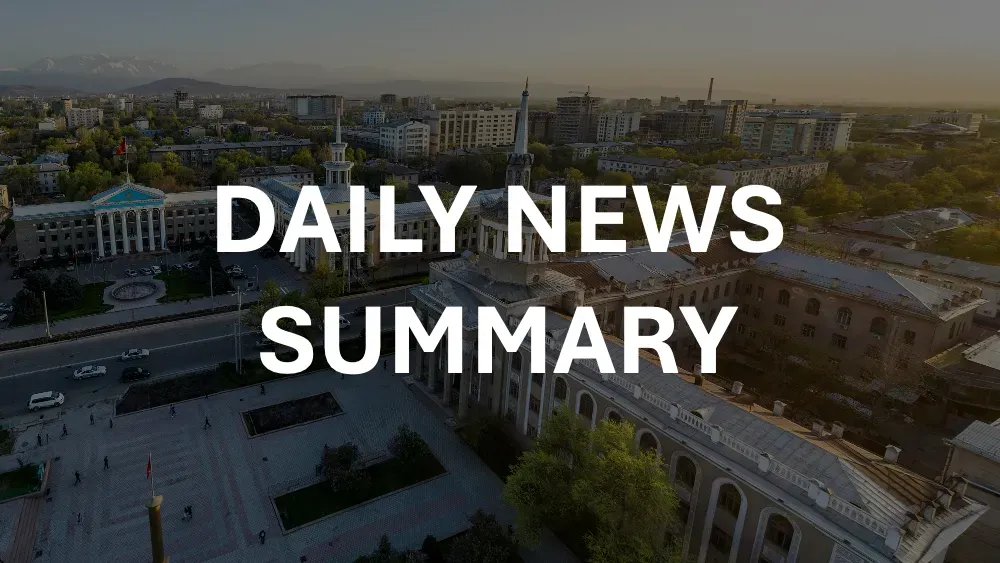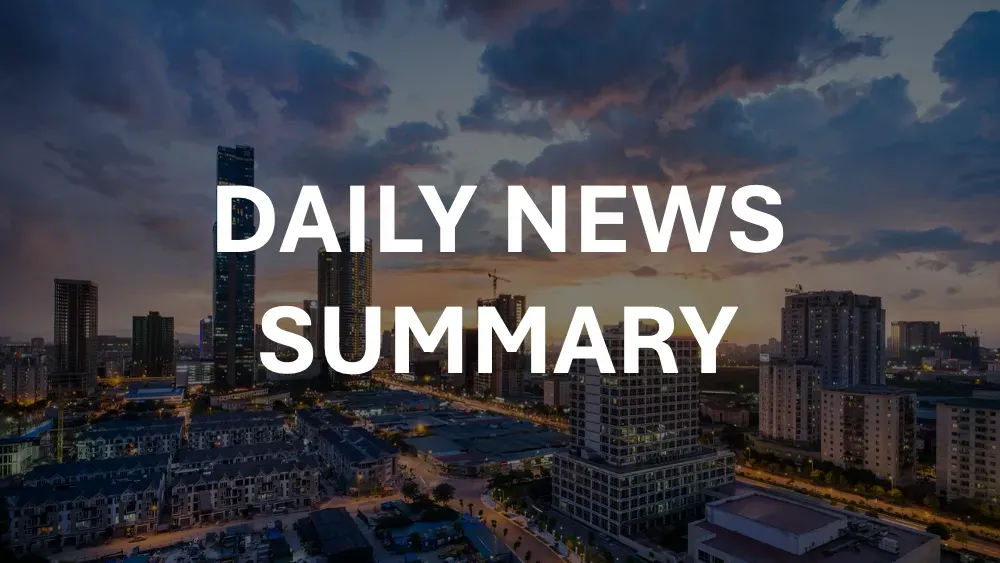This weekly digest showcases just 10 stories. Daily subscribers receive comprehensive intelligence briefs with 40 of the top stories organized by category. Don't miss the stories that matter.
Subscribe to Daily →
September 5, 2025 to September 11, 2025
This week's top 10 stories from Uzbekistan, selected from our daily intelligence briefs.
1. Beijing–Tashkent Ties Elevated to Comprehensive Strategic Phase with Visa-Free Travel and New Rail Link
Uzbekistan and China have upgraded their bilateral relationship to a “comprehensive strategic partnership,” signaling deeper cooperation across trade, energy, infrastructure and agriculture. Chinese Ambassador Yu Jun in Tashkent lauded President Shavkat Mirziyoyev’s reform agenda and said both sides are aligned on governance and national-interest priorities; recent concrete steps include mutual visa-free entry, the launch of the China–Kyrgyzstan–Uzbekistan railway project, and growing Chinese investment in renewables, waste-to-energy and grid storage under the Belt and Road framework.
The arrangement aims to convert high-level commitments into deliverable projects and market access: Uzbek agricultural exporters (cherries, beans and other produce) are reporting stronger traction in China as logistics links strengthen. Ambassador Yu framed the immediate task as rigorous execution of leaders’ agreements and advancing new joint initiatives—an orientation that could accelerate foreign-financed infrastructure and energy capacity expansion in Uzbekistan while deepening Beijing’s strategic footprint in Central Asia.
From daily brief: 2025-09-08
2. Leaders Agree to Deepen U.S.–Uzbekistan Strategic Partnership in Phone Call
On Sept. 5, Presidents Shavkat Mirziyoyev and Donald Trump held a phone call agreeing to deepen the U.S.–Uzbekistan strategic partnership with an emphasis on expanding trade, investment and security cooperation. They reviewed concrete steps to scale business projects across sectors—civil aviation, critical minerals, electrical engineering, energy, agriculture, digital technologies, finance, innovation and education—and set bilateral meetings this month with leading U.S. firms to accelerate a project pipeline after trade reportedly rose about 15% in 2024.
The leaders also discussed cooperation on counterterrorism, countering extremism and illegal migration, and plans to deepen engagement within the C5+1 regional format. Mirziyoyev invited Trump for an official visit to Tashkent; both sides committed to sustaining high‑level contacts. The outreach underscores Washington’s commercial and security interest in Central Asia and signals potential near‑term increases in U.S. investment and institutional ties—such as U.S. university branches already expanding in Tashkent—that could reshape regional economic integration.
From daily brief: 2025-09-07
3. Central Asian Leaders Outline Security, Finance and Connectivity Priorities at SCO Summit in China
Central Asian presidents—Shavkat Mirziyoyev (Uzbekistan), Kassym-Jomart Tokayev (Kazakhstan), Sadyr Japarov (Kyrgyzstan), Emomali Rahmon (Tajikistan) and Gurbanguly Berdimuhamedow’s delegation from Turkmenistan—met in Tianjin, China, at the SCO Council of Heads of State and the “SCO Plus” summits (early September 2025) to prioritize expanded SCO membership, security cooperation, finance and connectivity. Uzbekistan used President Mirziyoyev’s visit (which included bilateral talks in Beijing and 80th‑anniversary cultural events) to push digital, green industry, energy, tourism and education partnerships and to advocate new SCO trust and economic mechanisms; Kazakhstan proposed an SCO Development Bank plus water and AI initiatives; Kyrgyzstan called for rapid creation of SCO financial tools and opened a Bishkek center against transnational crime; Tajikistan advanced anti‑terror, drug control and water/climate platforms; Turkmenistan stressed its neutrality, energy exports and Trans‑Caspian logistics.
The combined agenda signals a shift from ad hoc cooperation to institutionalized regional governance—financial architecture (bank/financial mechanisms), security bodies (crime, counter‑terrorism, drug control) and connectivity projects (energy, logistics, digital and education links) are now explicit priorities. For international professionals, this implies expanding opportunities and risks: deeper China‑Central Asia integration around infrastructure and human capital, heightened multilateral security coordination, and potential competition over financing and standards as the SCO’s international role is strengthened.
From daily brief: 2025-09-07
4. Presidents Discuss Expanding U.S.–Tashkent Partnership as Trade Rises and Security Ties Deepen
On 5 September Presidents Shavkat Mirziyoyev and Donald Trump held a phone call to deepen the U.S.–Tashkent strategic partnership, emphasizing expanded sectoral cooperation and enhanced security coordination. Both leaders noted bilateral trade grew 15% in 2024 and outlined a cross‑sector project pipeline covering civil aviation, critical minerals, electrical engineering, energy, agriculture, digital technologies, finance, innovation and education. They agreed to intensify engagement with major U.S. firms this month and to sustain high‑level dialogue, including continued coordination under the C5+1 framework and joint efforts against terrorism, extremism and irregular migration.
The conversation carries pragmatic implications for investment and security in Central Asia: Mirziyoyev’s invitation for an official U.S. visit signals Uzbekistan’s push to attract American capital and technology amid irreversible domestic reforms praised by Trump, while stepped‑up meetings with U.S. firms could accelerate deals in strategic sectors (notably critical minerals and energy). The leaders’ public affirmations — and Trump’s goodwill gesture toward Uzbekistan’s national football team ahead of the U.S.‑hosted 2026 World Cup — also serve diplomatic signaling purposes ahead of deeper bilateral engagement.
From daily brief: 2025-09-06
5. Senate Backs Licensing Reforms to Align Laws with WTO Accession Requirements
Uzbekistan’s Senate has approved amendments to the Law on Licensing, Permitting and Notification Procedures and related changes to the Law on State Duty to introduce licensing for preparation, processing and sale of ferrous and non‑ferrous metal scrap and for wholesale and retail trade in natural gas, positioning the measures as steps to align domestic rules with World Trade Organization (WTO) accession requirements. Senators said the reforms are intended to attract private-sector participation, innovation and investment in scrap‑metal and gas trading, enhance competition and provide greater regulatory clarity for traders and industrial buyers; the bill passed after Senate debate but no implementation timeline was disclosed.
Framed as part of broader market liberalization tied to WTO commitments, the package also sets licensing fees for the newly regulated activities (details in the amended State Duty law). For international professionals monitoring Uzbekistan’s WTO accession, the vote signals concrete regulatory change aimed at opening energy and raw-material trading sectors and suggests further legislative adjustments may follow as accession negotiations continue.
From daily brief: 2025-09-05
6. Tashkent Region Allocates 1,310 Hectares for New International Airport Project
Tashkent Region has allocated 1,309.76 hectares in Orta Chirchiq and Quyi Chirchiq districts for a new international airport intended to relieve capacity constraints at Tashkent’s existing in-city airport. The land package comprises 1,075.45 ha of irrigated land, 112.69 ha of orchards and 120.97 ha of other land; the site sits roughly 17 km from the current Tashkent International Airport near the Tashkent–Samarkand highway and a planned toll expressway.
The project responds to a presidential briefing that passenger flows could reach 15 million by 2030 and targets initial capacity of up to 20 million passengers annually, accommodation for 169 aircraft simultaneously and more than 40 movements per hour. The allocation signals a strategic shift of major aviation infrastructure south of the capital, with implications for regional connectivity, highway-linked growth corridors and land-use conversion in irrigated and orchard areas.
From daily brief: 2025-09-05
7. Presidential Decree Streamlines Ministerial Rulemaking and Cuts Red Tape in Regulatory Drafting
On 8 September 2025 President’s Decree PF–161 establishes an outcomes-focused framework that significantly streamlines ministerial and agency rulemaking. Ministries may now issue departmental acts whenever they are charged with implementing policy under laws or presidential/government acts without an explicit delegation clause. The decree also imposes new limits on regulatory overreach—agency acts cannot create new benefits or penalties, complicate procedures, restrict rights, or impose unfunded costs, new taxes/fees, or new licensing/permit/notification regimes unless law expressly permits.
The decree tightens timelines and strengthens Justice Ministry oversight to accelerate drafting and improve legal quality: drafting is generally capped at two months (unless a superior act sets a longer period); public consultation is 10 days (with Justice Ministry review triggered if there is no feedback within five days); legal expertise and state registration are shortened to 20 days (extensions limited to 10); and refusals for noncompliant submissions must occur within 15 days. The Justice Ministry gains continuous monitoring and authority to edit acts for conformity with the Constitution, superior laws, and drafting technique; a prior 30‑day post‑clearance adoption requirement is abolished, and technical alignment amendments may be registered without interagency concurrence.
From daily brief: 2025-09-11
8. IFC and Ministry Agree on New Public-Private Partnership Priorities in Health, Education, and Energy
Uzbekistan’s Investment, Industry and Trade Ministry and the International Finance Corporation (IFC) regional team met to review past collaboration and define new public–private partnership (PPP) priorities in health, education and energy, building on Uzbekistan’s first investor deal under the Scaling Solar program which is now being treated as a template for future energy projects. IFC emphasized its role in expanding access to finance, advising on regulatory and investment-law reforms, and strengthening financial management at state companies to enable access to international capital markets; both sides also signaled interest in deeper IFC engagement with the Presidential Foreign Investors’ Council to bolster investor confidence.
The discussions, led publicly by IFC Regional Director Vibke Schloemer, framed ongoing reforms as investor‑friendly and aimed at scaling PPPs across sectors where private capital and expertise can accelerate service delivery and infrastructure rollout. For international professionals, the takeaways are clear: Uzbekistan is moving to formalize PPP pipelines in strategic sectors and to align legal and financial frameworks to attract cross‑border institutional investment.
From daily brief: 2025-09-10
9. Foreign Reserves Hit Record $50 Billion on Gold Price Rally
Uzbekistan’s international reserves surpassed $50 billion for the first time, reaching $50.08–$50.09 billion as of 1 September 2025, a record high since reporting began in 2013. The gain was driven mainly by a gold-price rally — global gold rose above $3,500/oz in August and topped $3,600/oz in early September — which revaluation added about $1.2 billion to reserves in August; the central bank’s gold holdings stood at 11.8 million ounces (367 tonnes) and were valued at $40.06 billion. Month-on-month reserves increased $1.34 billion (+2.7%), while year-to-date growth was $8.9 billion (+21.6%); the foreign-currency component fell slightly to $9.45 billion.
Authorities say the larger stockpile strengthens Uzbekistan’s ability to stabilize the exchange rate, service external debt and cover imports under stress, enhancing resilience to external shocks. For international investors and policymakers, the composition—heavy in gold rather than liquid FX—implies stronger balance-sheet buffers against currency volatility but more limited immediate FX liquidity for sudden external financing needs.
From daily brief: 2025-09-09
10. Ministries Gain Authority to Issue Interagency Regulations Without Cabinet Sign‑Off
President Shavkat Mirziyoyev has ordered a procedural change allowing line ministries and agencies in Uzbekistan to independently adopt interagency normative‑legal acts within their mandates, reducing dependence on Cabinet sign‑off. Justice Minister Akbar Tashqulov said the move will redistribute competences among ministries, the government and parliament, streamline policy execution, and clarify accountability; procedures for adoption and registration will be simplified and approval timelines halved, with the Justice Ministry overseeing alignment with international standards.
Officials estimate the reform will cut the Cabinet’s workload by about 30%, a change expected to accelerate sectoral reforms and reduce bureaucratic bottlenecks for regulatory updates. The directive — reported by uzdaily.uz — signals a shift toward decentralized regulatory authority that could speed implementation of policy priorities, though it raises questions about oversight consistency and interagency coordination.
From daily brief: 2025-09-08
About This Weekly Digest
The stories above represent the most significant developments from Uzbekistan this week, selected through our AI-powered analysis of hundreds of local news articles. Our ranking system evaluates each story based on:
• Impact on international interests - How the story affects diplomatic, business, and development activities • Strategic significance - The story's importance for understanding Uzbekistan's trajectory and regional dynamics
• Economic and political weight - The scale of economic impact or political change involved • Relevance to foreign professionals - Direct implications for international organizations and businesses operating in Uzbekistan
Stories are drawn from our daily intelligence briefs, which synthesize reporting from Uzbekistan's leading news sources to provide comprehensive situational awareness for international decision-makers.
These weekly highlights are a small sample of what's happening. Daily subscribers get comprehensive briefings with 40 top stories that connect the dots between events, track developing stories, and provide the context you need for informed decision-making.
Upgrade to Daily →
